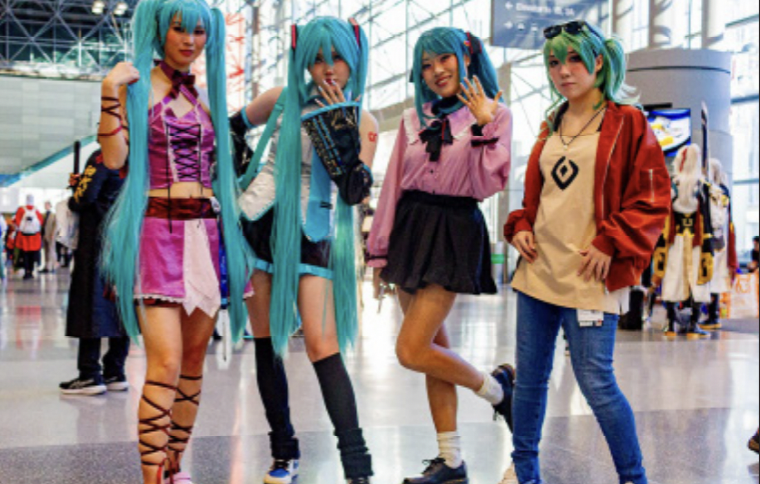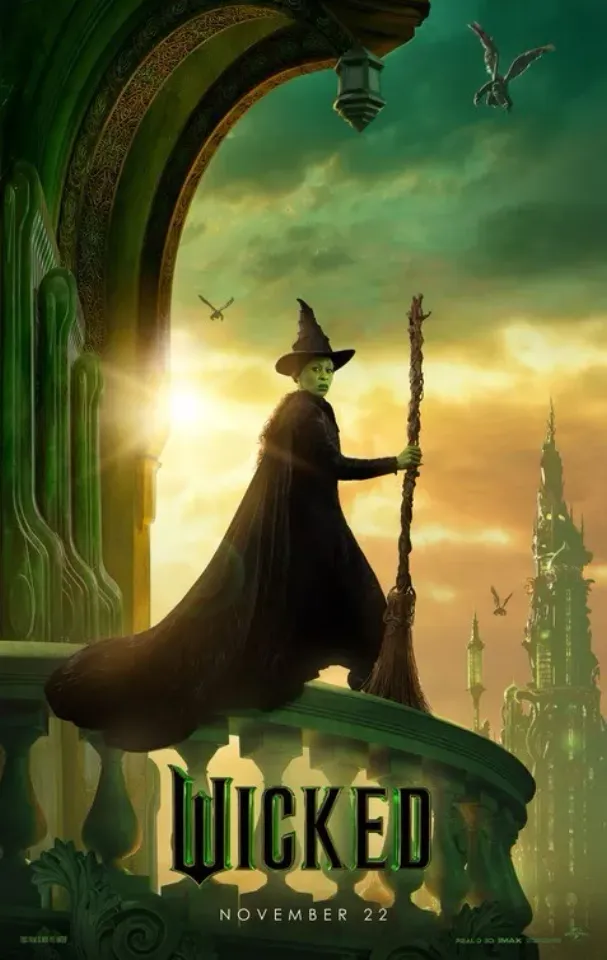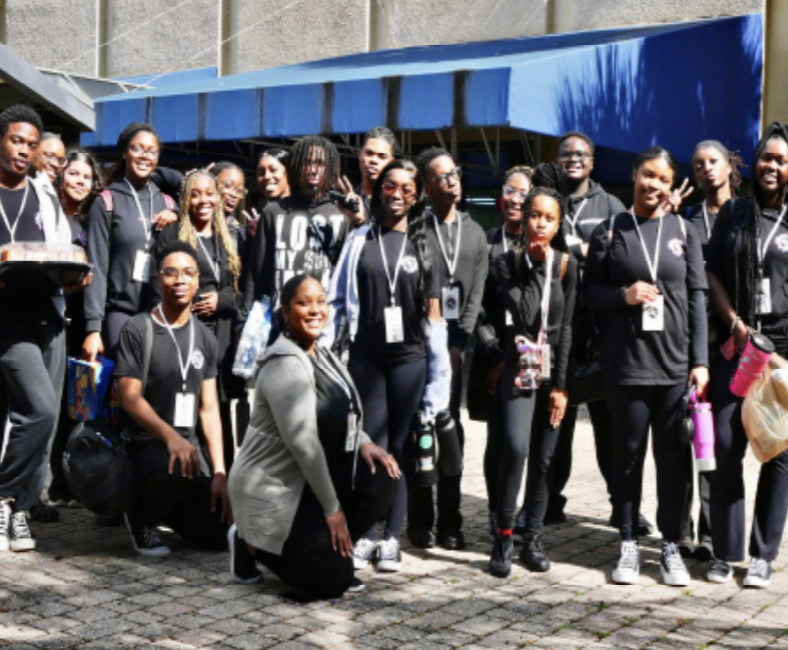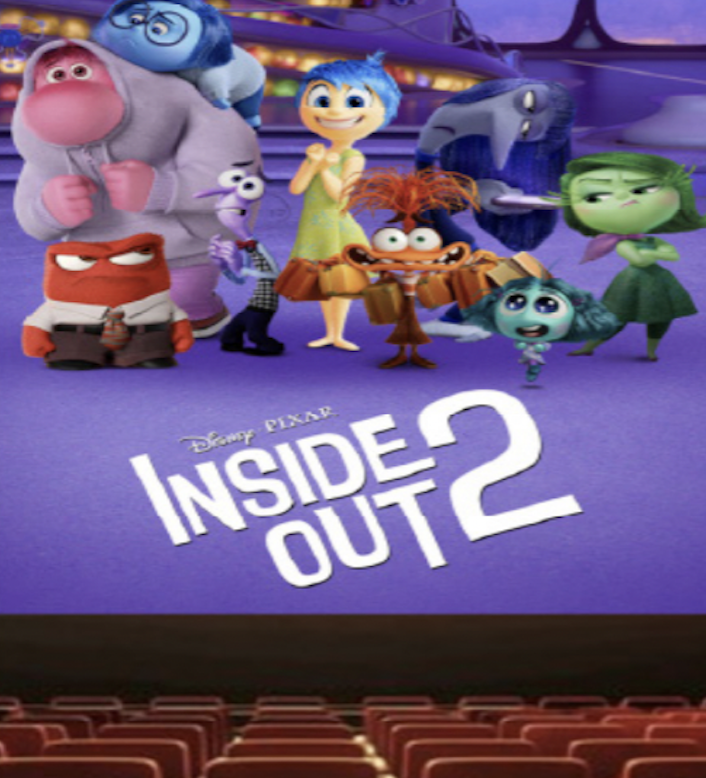“Stans” are obsessed fans who excessively support celebrities, especially on social media platforms. The rise of stan culture and parasocial relationships raises questions about the boundaries between healthy admiration and the dangerous fascination with celebrities.
Stan culture refers to devoted fans typically appearing in the form of fan accounts or personas on platforms like TikTok, Instagram and X, whose sole purpose is to obsess over a particular celebrity or group. Stans usually belong in like-minded communities that gain a sense of identity through their chosen celebrity. “
Stan culture can be good because it’s something someone can define themselves with and find happiness or comfort, such as BTS fans who find comfort in their music as it sends positive messages,” junior and BTS stan Angelina Cordero said. “Stan culture can also negatively impact people because of how dangerous the obsession can grow and it can lead to a lonely life for people.”
“Stans” are fans who are overly devoted to celebrities, showing their support in energetic, excessive and sometimes, dangerous ways. “Stan culture” is especially prominent on social media platforms with the rise of the internet and social media. Which questions about the boundaries between healthy admiration and the dangerous fascination with celebrities and their fans or “stans”.
Parasocial relationships are one-sided relationships where a person contributes time and energy to a celebrity’s life, while the celebrity is unaware of their existence. This phenomenon has become especially prominent on the internet, where celebrity’ lives have become more accessible. Stans often dedicate time and effort to keep up with their favorite celebrity as if they had a personal relationship with them, sometimes at the expense of their own relationships and well-being.
Parasocial relationships can be harmful to the celebrity as well. In 2016, a Taylor Swift fan was arrested after he followed her from a concert venue to the airport. The same fan contacted Swift’s father and threatened to kill her entire family. The fan had multiple comments online referring to needing Taylor Swift in his life. Thinking he was entitled to being a part of Taylor’s life, the fan engaged in dangerous acts to reach her.
Recent incidents such as cyberbullying, harassment, threats and involvement in “cancel culture” by many stan groups against other fans or the celebrity seen online draw the line between being a fan and a stan. Fandoms are usually united by the values they share with other fans and the celebrity they support, so when fans or the celebrity do something wrong, someone ends up getting “canceled.” These actions raise questions about the responsibility of celebrities and the platforms they use to connect with their followers.
Even people outside of a fanbase can be subject to harassment and threats by stans and celebrities. In 2021, Nicki Minaj doxxed reporters for messages she viewed as threatening. She then encouraged her fans, “Barbz,” to harass the reporters, resulting in the reporters receiving death threats, while other fans encouraged this abuse.
Even outside the internet, stans are able to demonstrate their love, sometimes to lengths fans would never go to. Stans are known to spend substantial amounts of time and money in support of their favorite celebrity, buying merchandise, concert tickets, meet-and-greet experiences and more.
“I’ve been to five Taylor Swift concerts so far because nothing compares to the feeling of hearing my favorite songs ever and like, having her right in front of my eyes,” junior and Taylor Swift stan, Matias Rojas said. “If I can go see her I’m going to jump at the chance to do so, I don’t know if I’ll have these opportunities when I’m older.”
Stan culture, parasocial relationships and cancel culture highlight the current state of fan-celebrity interactions. Love and support for celebrities and idols is especially common now in the digital age but it is important to understand the potential harm that an obsession for these idols can cause. The well-being of both fans and celebrities can be affected by the rise and prominence of stan culture.




























